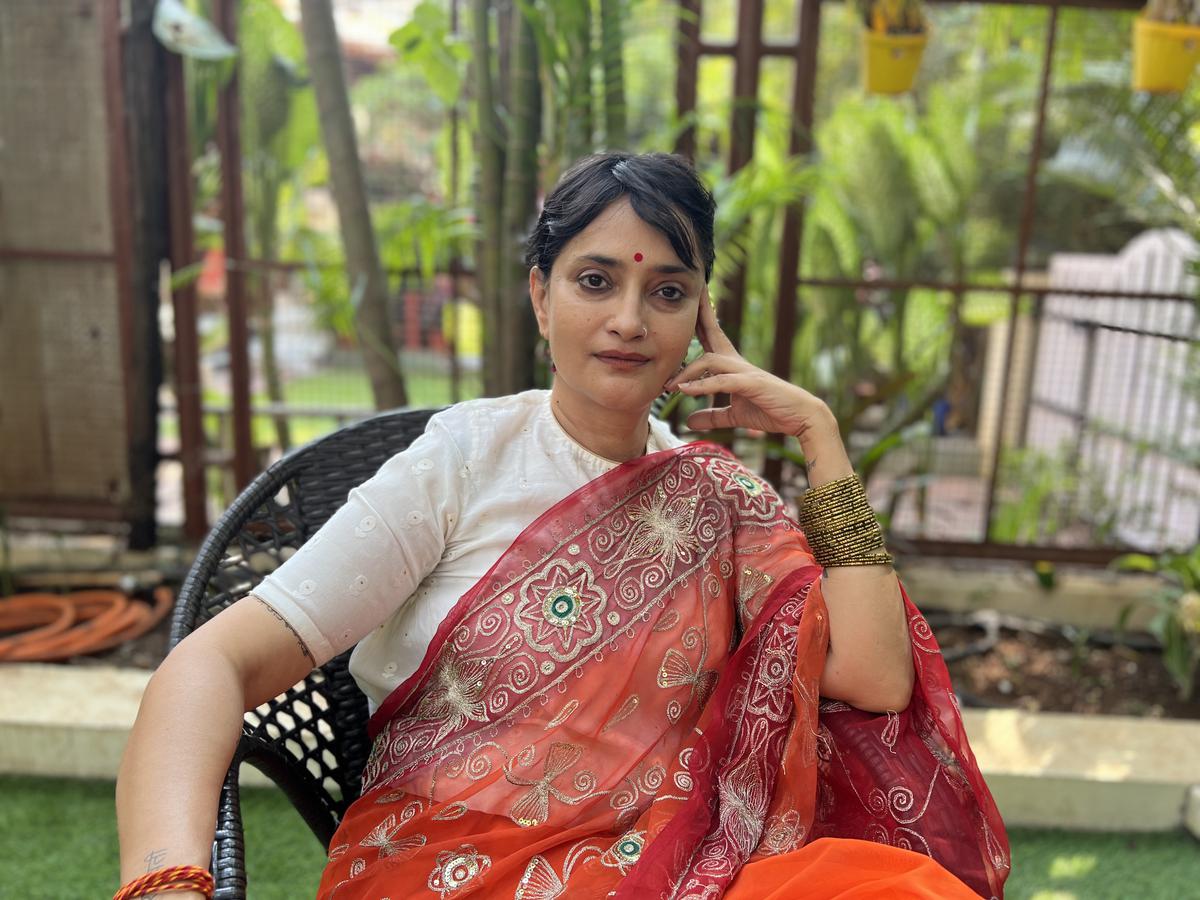
‘Qala’ director Anvitaa Dutt on telling a mother-daughter story in her upcoming film
The Hindu
Filmmaker Anvitaa Dutt discusses the creative process behind upcoming psychological drama ‘Qala,’ which stars Triptii Dimri and Babil Khan, and the story that has been nine years in the making
Anvitaa Dutt has donned several hats during her 17-year career in Bollywood. She has written dialogues, lyrics, and screenplays for films like Queen and Philauri, but her more recent projects are where she has found her calling. “I realised everything that I have ever done was for this moment,” she says about her directorial ventures Bulbbul, and the upcoming Qala.
On her first set as a director, when she heard the words “camera rolling,” Dutt says she felt a ‘click’ go off inside her brain. However, this wasn’t the first time she experienced that; she felt it in 2013 when the story of Qala came to her. Revolving around a playback singer in the 1930s, Qala has been in the making for at least nine years, and as Dutt reveals, its inception took place in the infamous slow-moving traffic of Mumbai.
“I’d met Vishal Dadlani for a coffee and we were actually talking about everything, from the urban legends that exist in the music industry to how female singers can feel safe and received in certain studios.” Between Bandra and Andheri, the story of a mother and daughter, and the idea of a musician in the world of the 1930s and 1940s took shape. “The conversation happened to be about music, and pun unintended, uska sur baith gaya, (the tune seemed to find its place) and it just started singing,” says Anvitaa.
Though she wrote the first draft that year itself, the root of this story about music retained the mother-daughter relationship. Why this specific dynamic? Anvitaa says that there aren’t enough stories about such equations. “More stories should talk about what we feel, what our inner landscape is; it’s so fraught with cracks, and we are always navigating a very scary, emotional minefield all the time.”
For Qala’s eponymous protagonist, played by Tripti Dimri, the relationship she shares with her mother ends up dictating the “emotional minefield” that she traverses. “I think all of us have experienced that feeling, at some point in time, of either not being enough or needing validation from outside of ourselves,” she says. While researching this film, Anvitaa also had several conversations with psychologists and psychoanalysts, according to whom, this feeling, “especially for girls, is seeded in our relationship with our primary caregiver, our mother.”
The filmmaker wants to go beyond this simple binary of pitting daughters against their mothers, who she says are not the villains, but “are themselves victims of their own upbringing and their own pathology. It is a cycle and they just pass it on, and at a DNA level, we pass it on.”
Qala’s themes and emotions are presented to the audience through its impactful music that fills every available space. Composer Amit Trivedi, who was one of the few people who knew about the film since it was just an idea, has created a medley of some of Bollywood’s most notable songwriters for the film.













